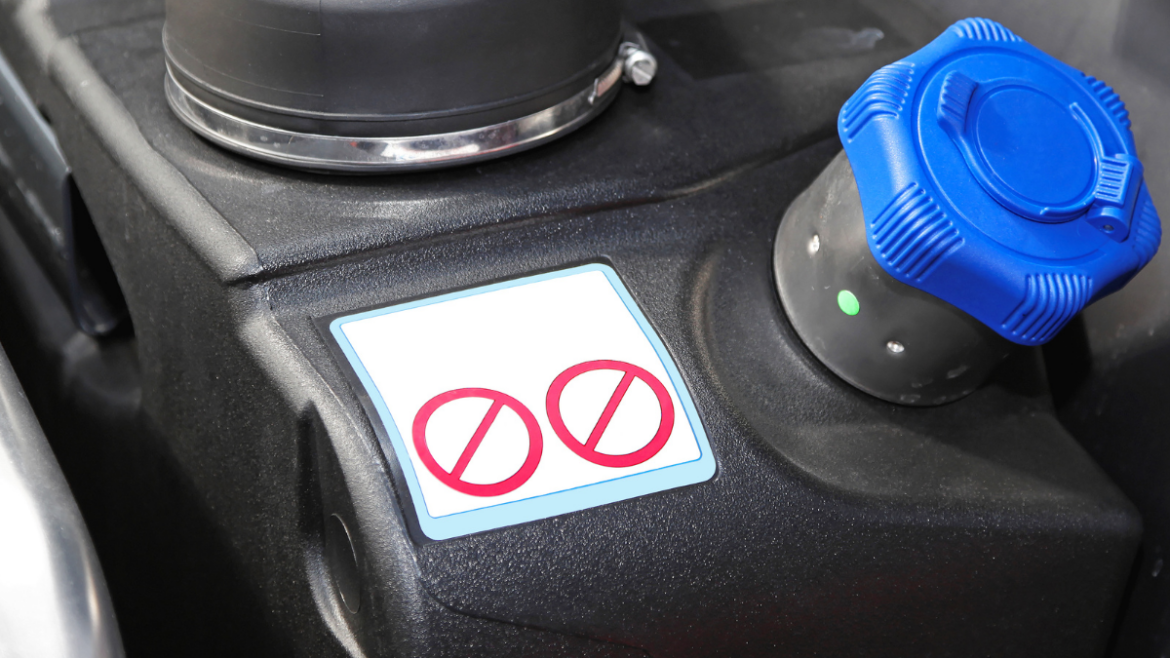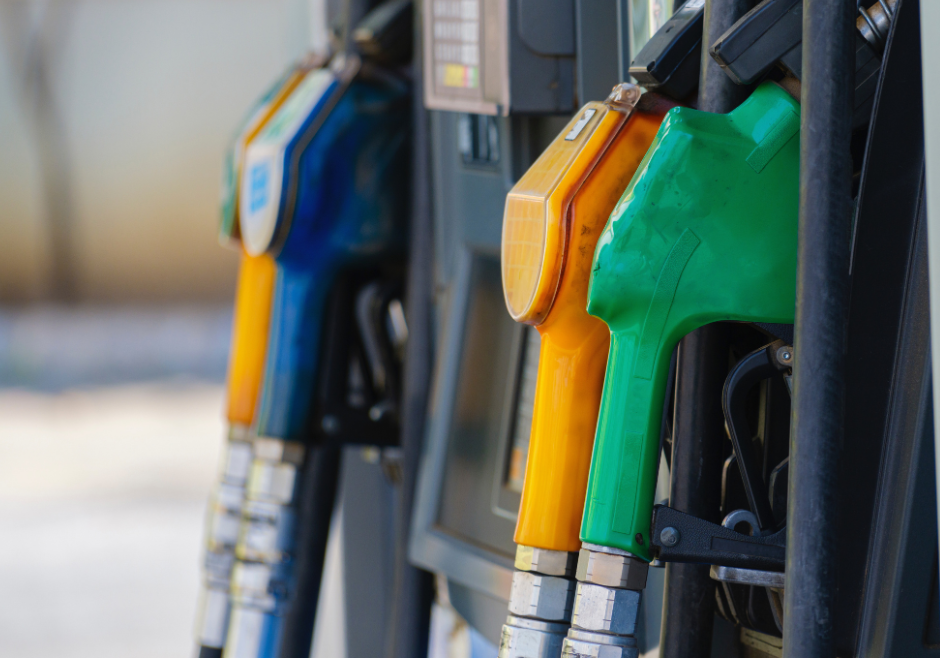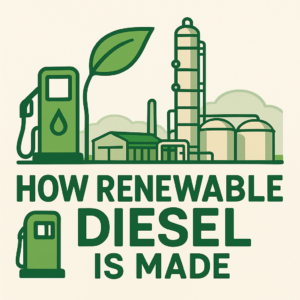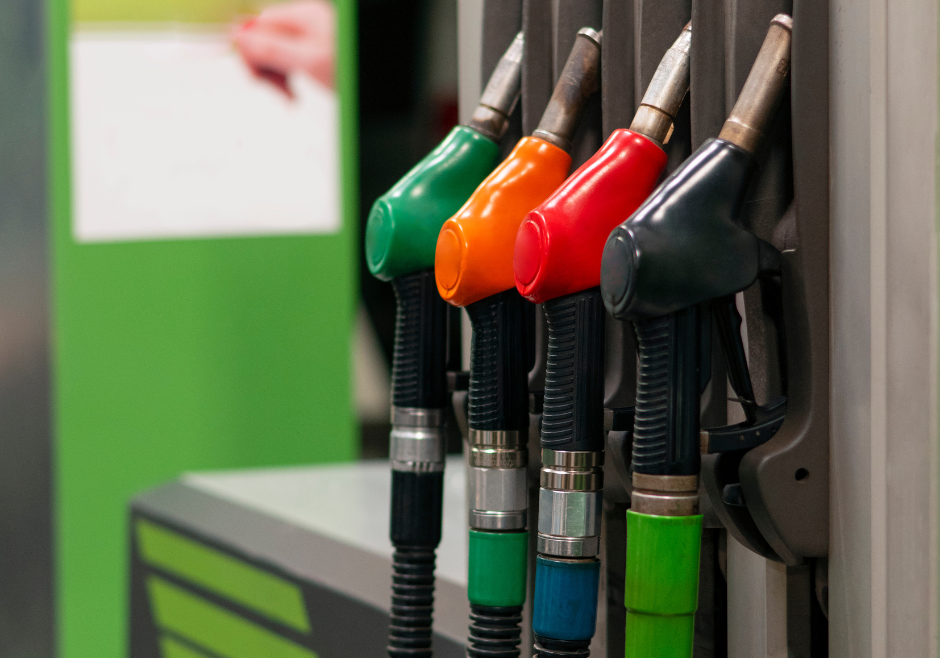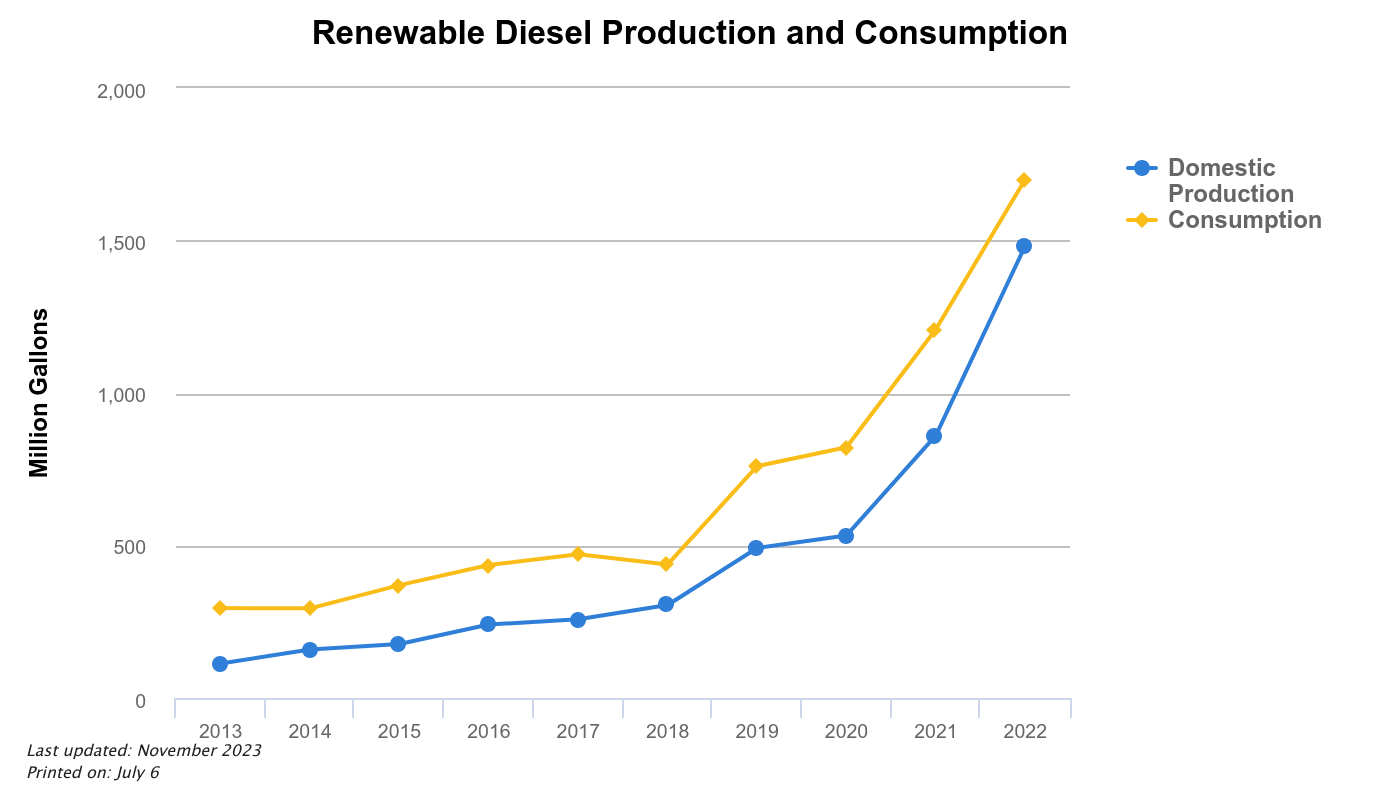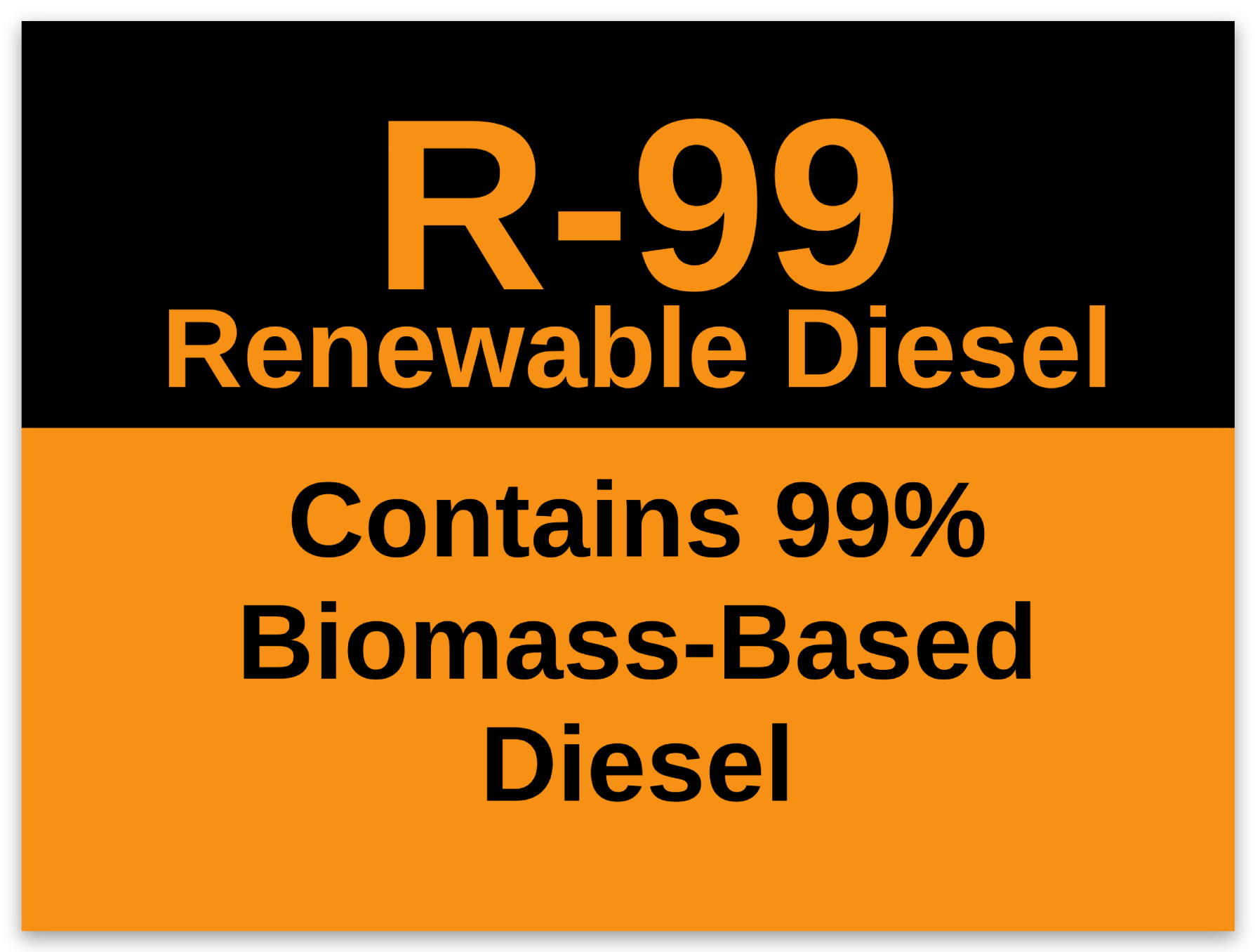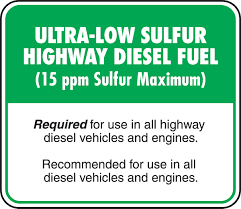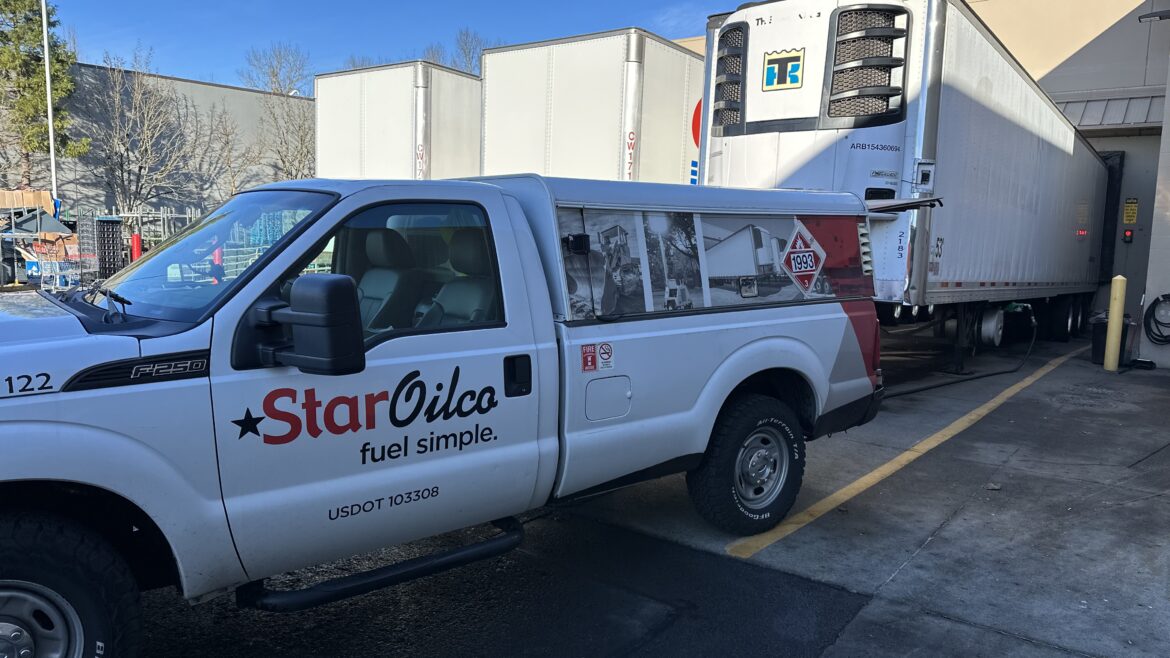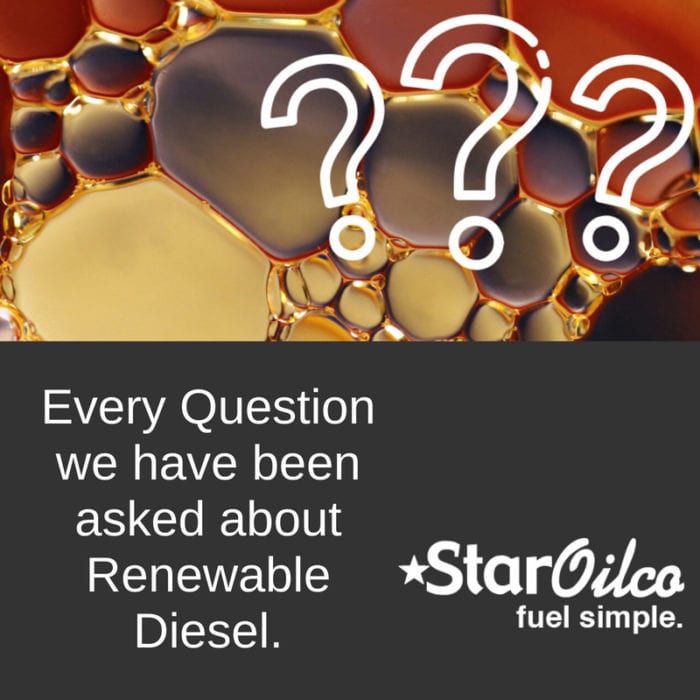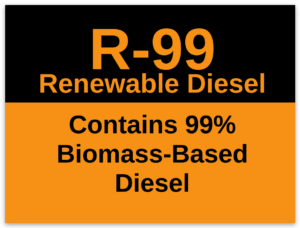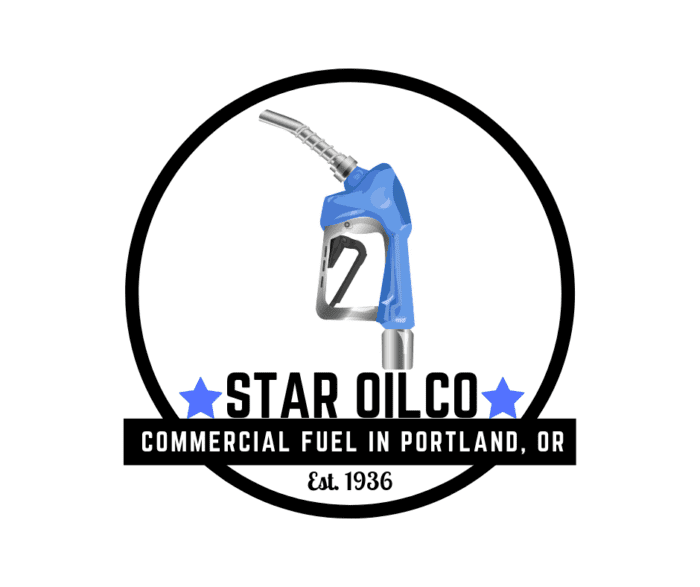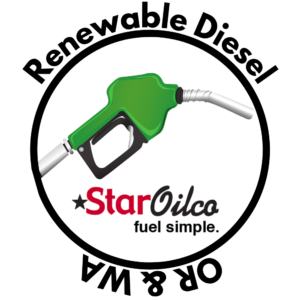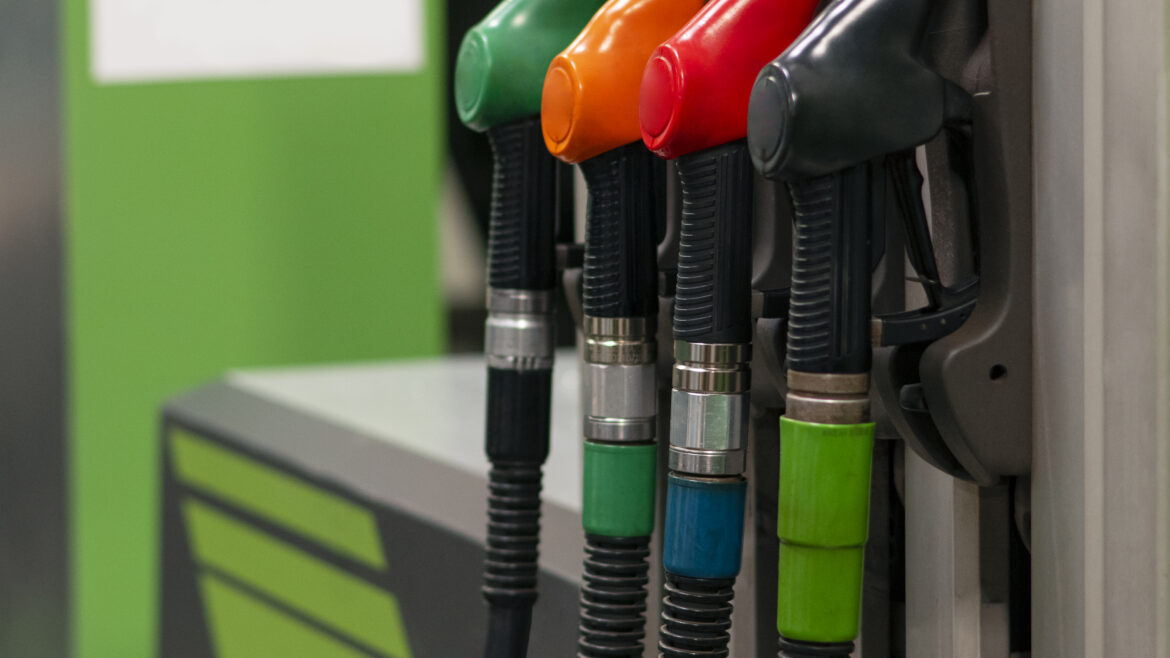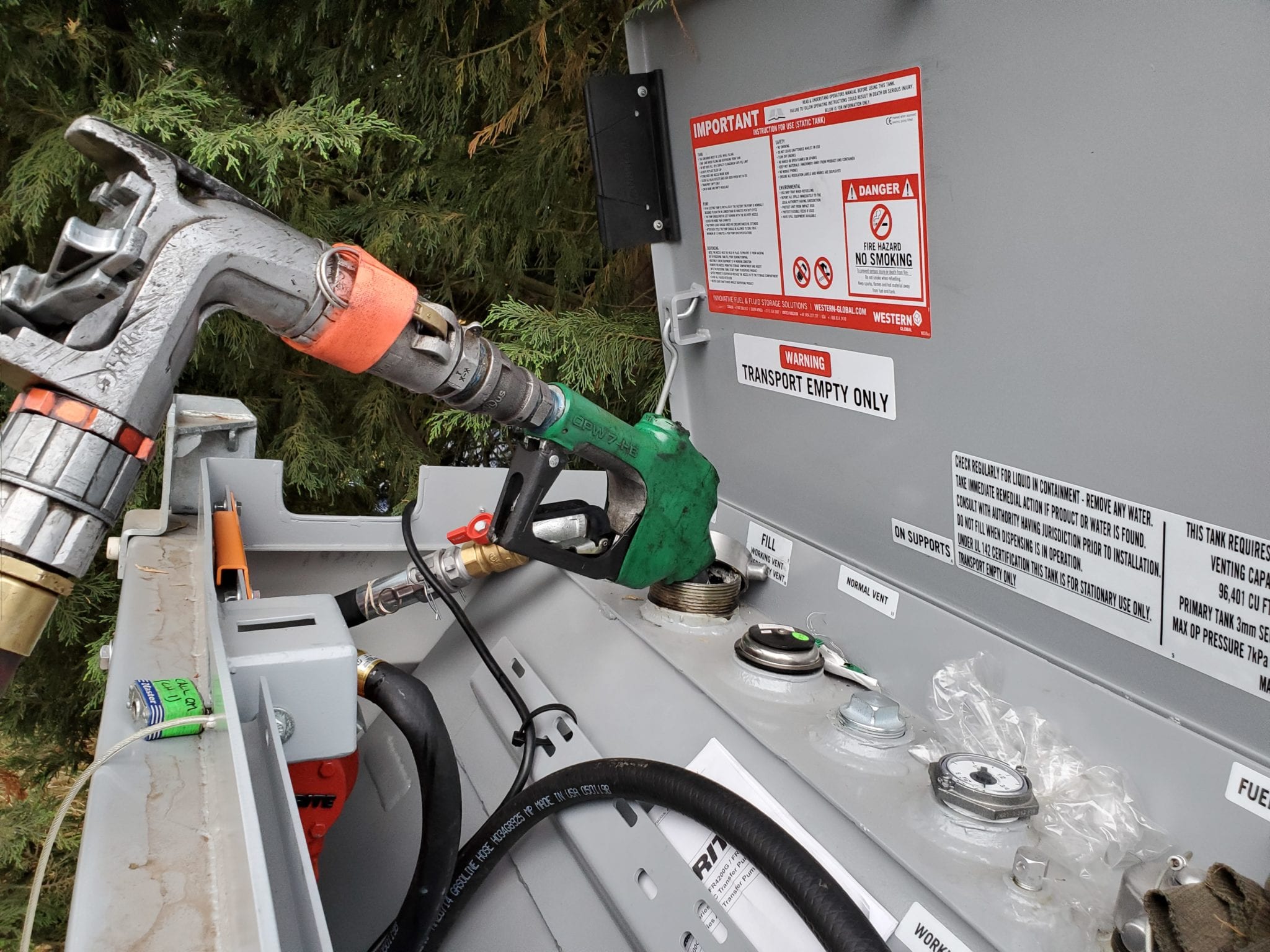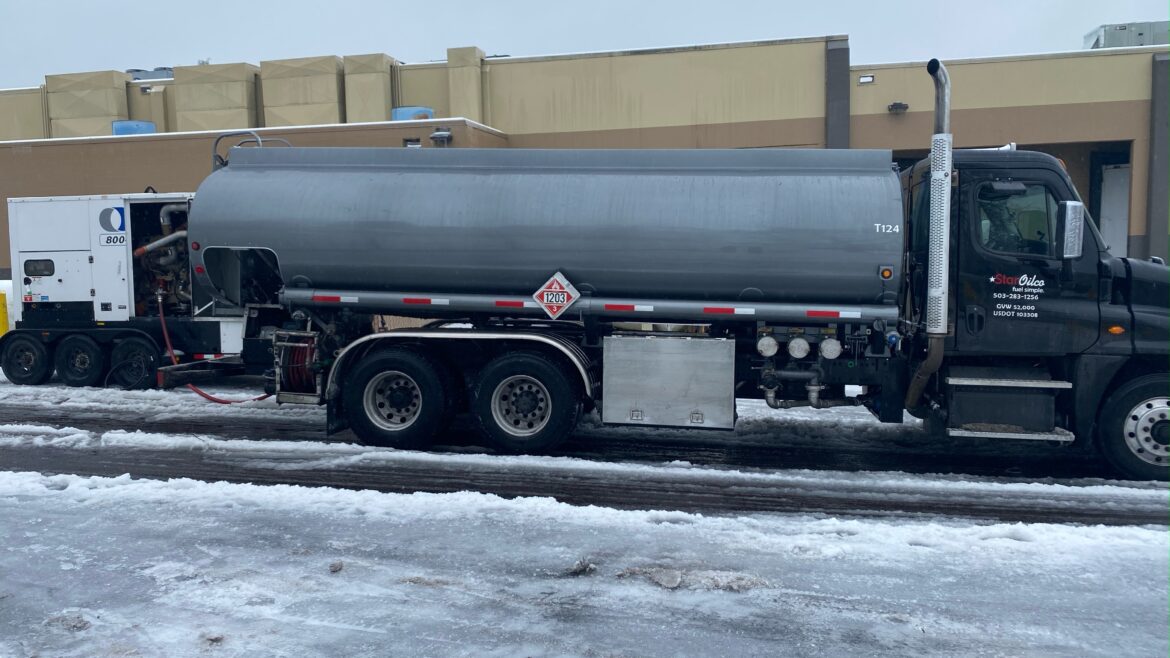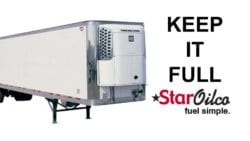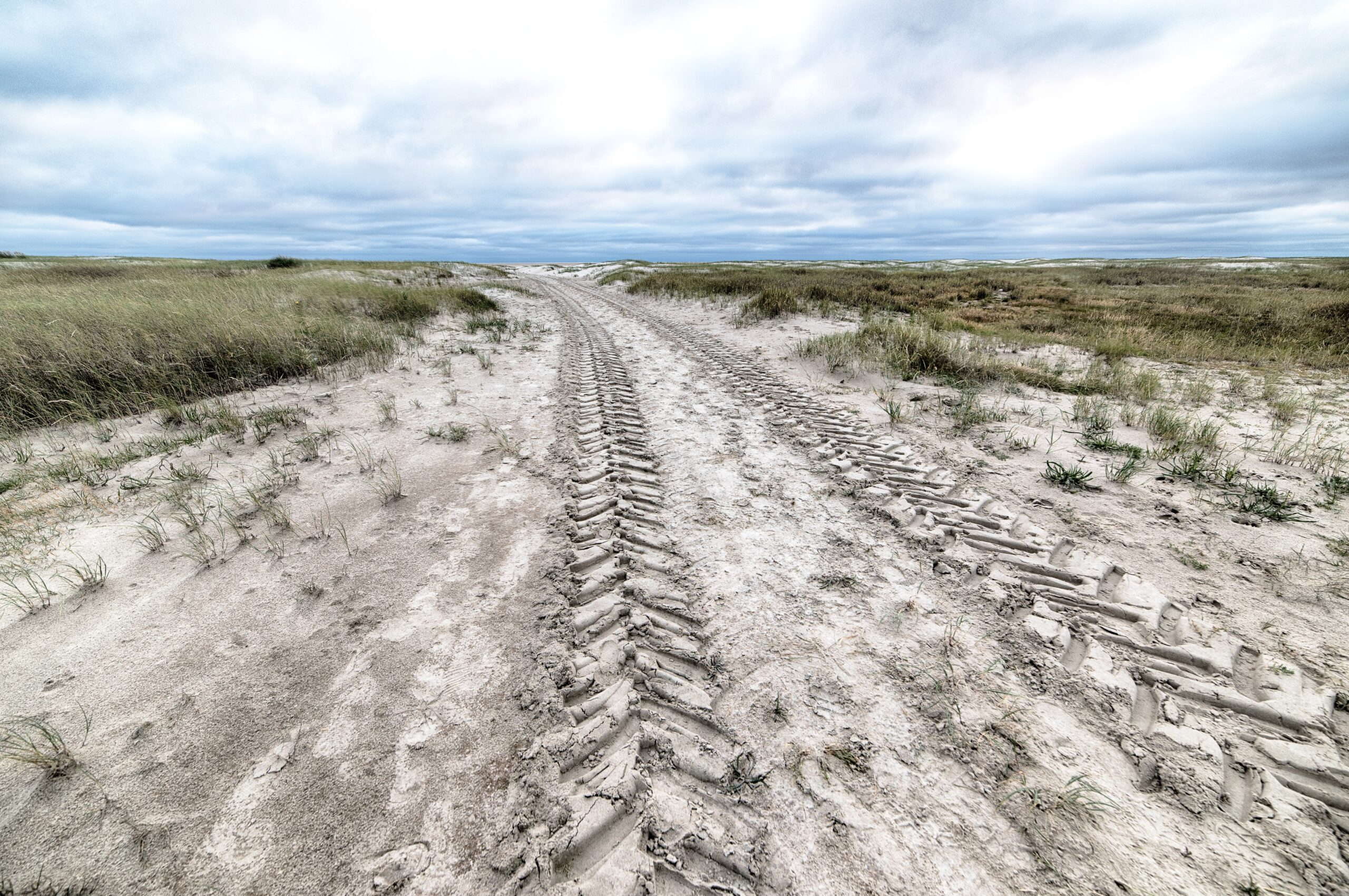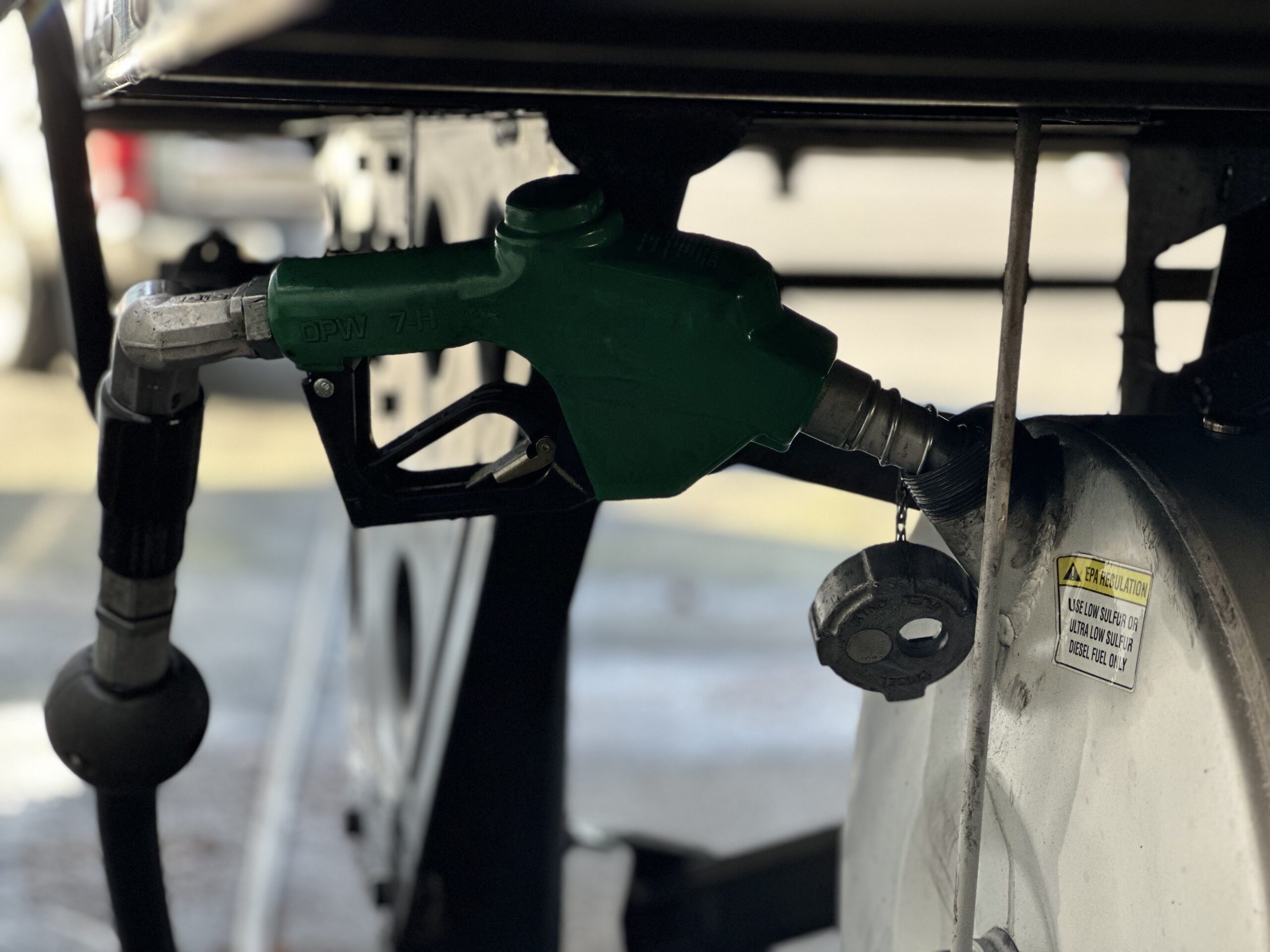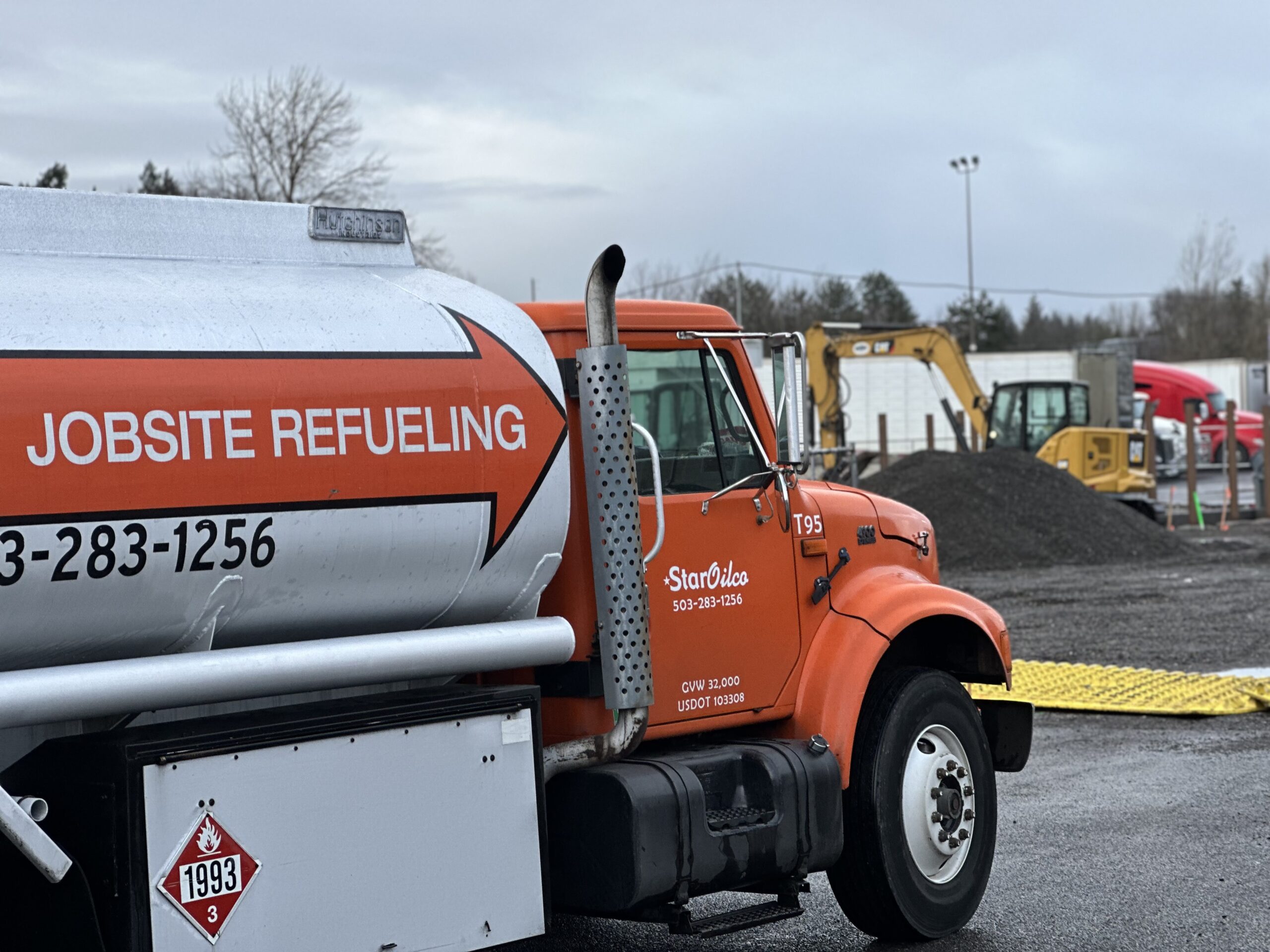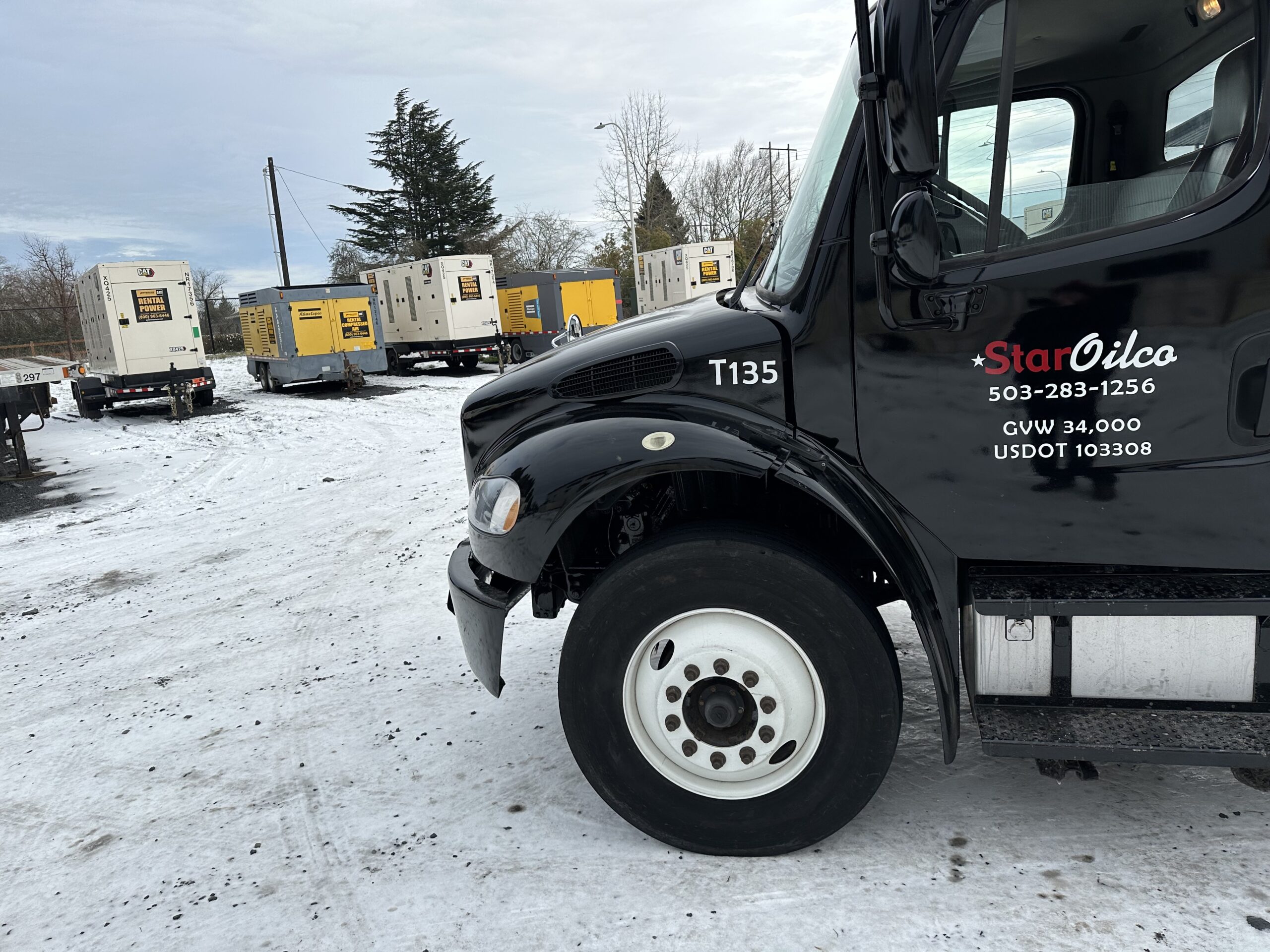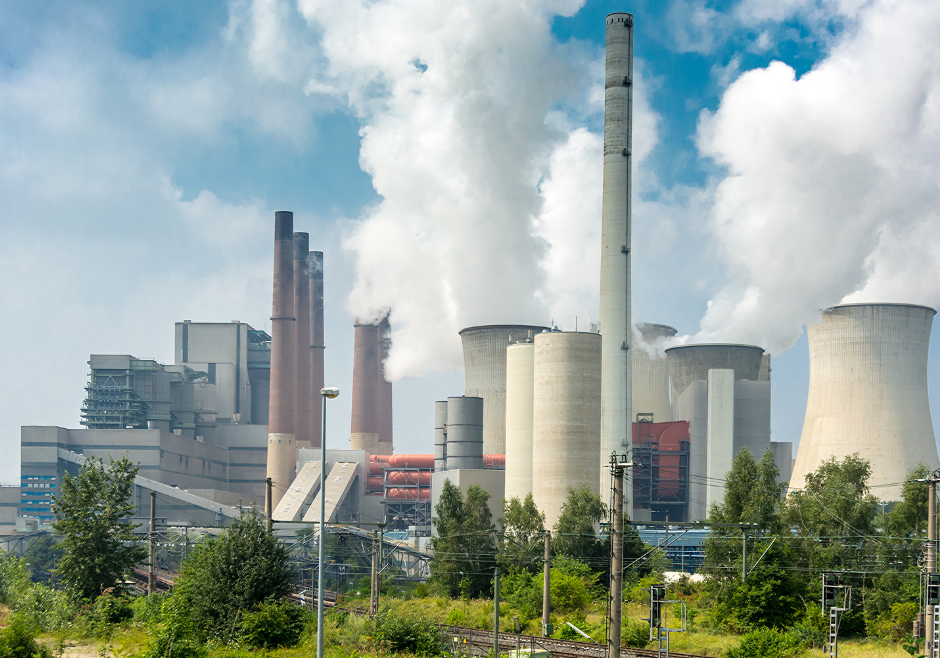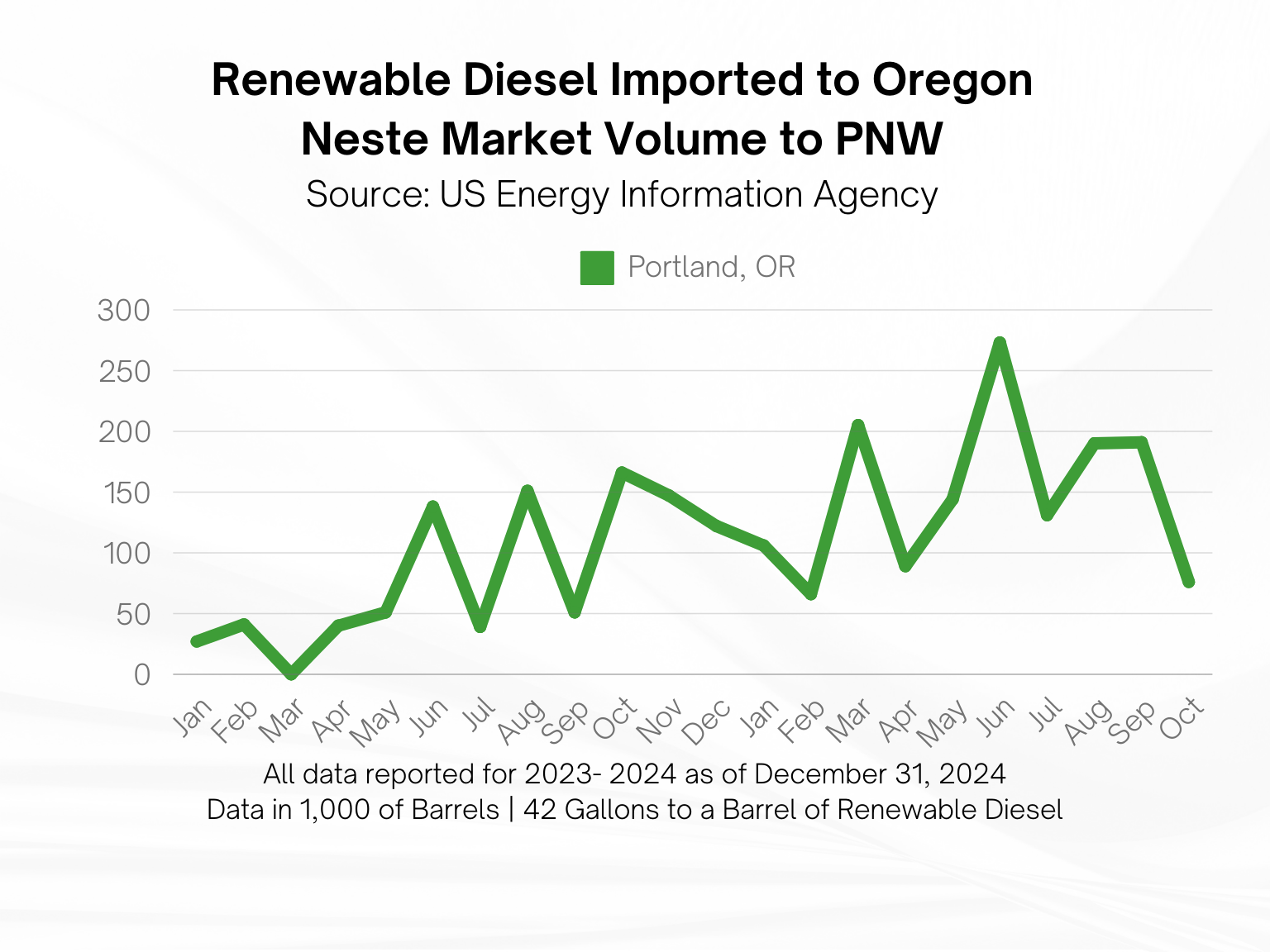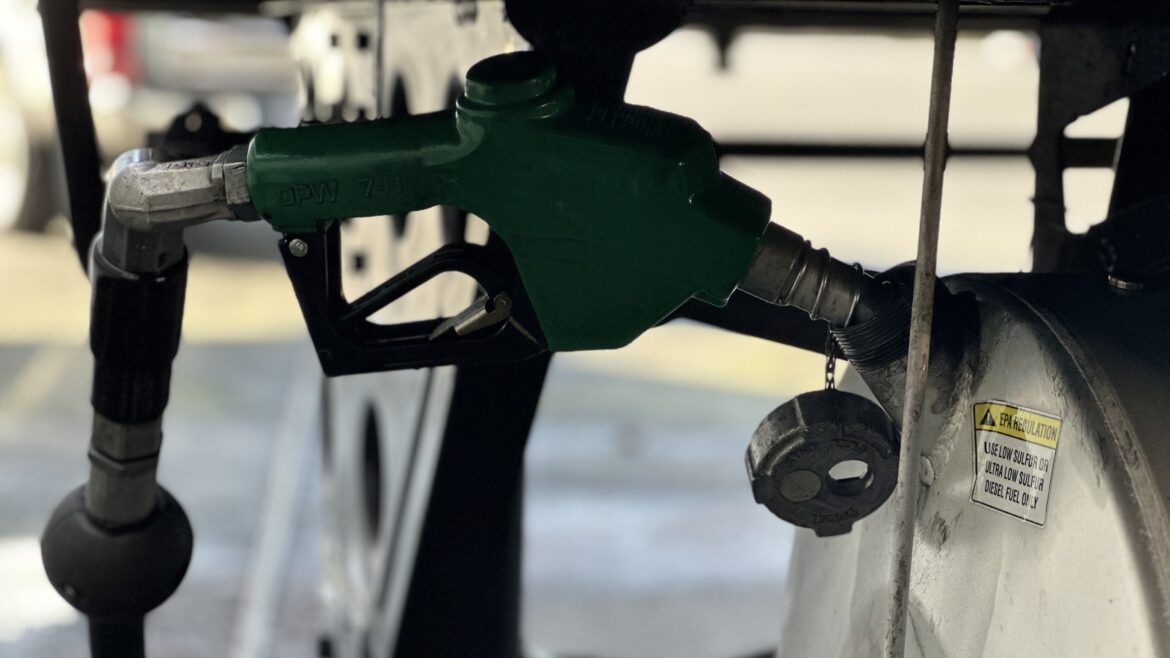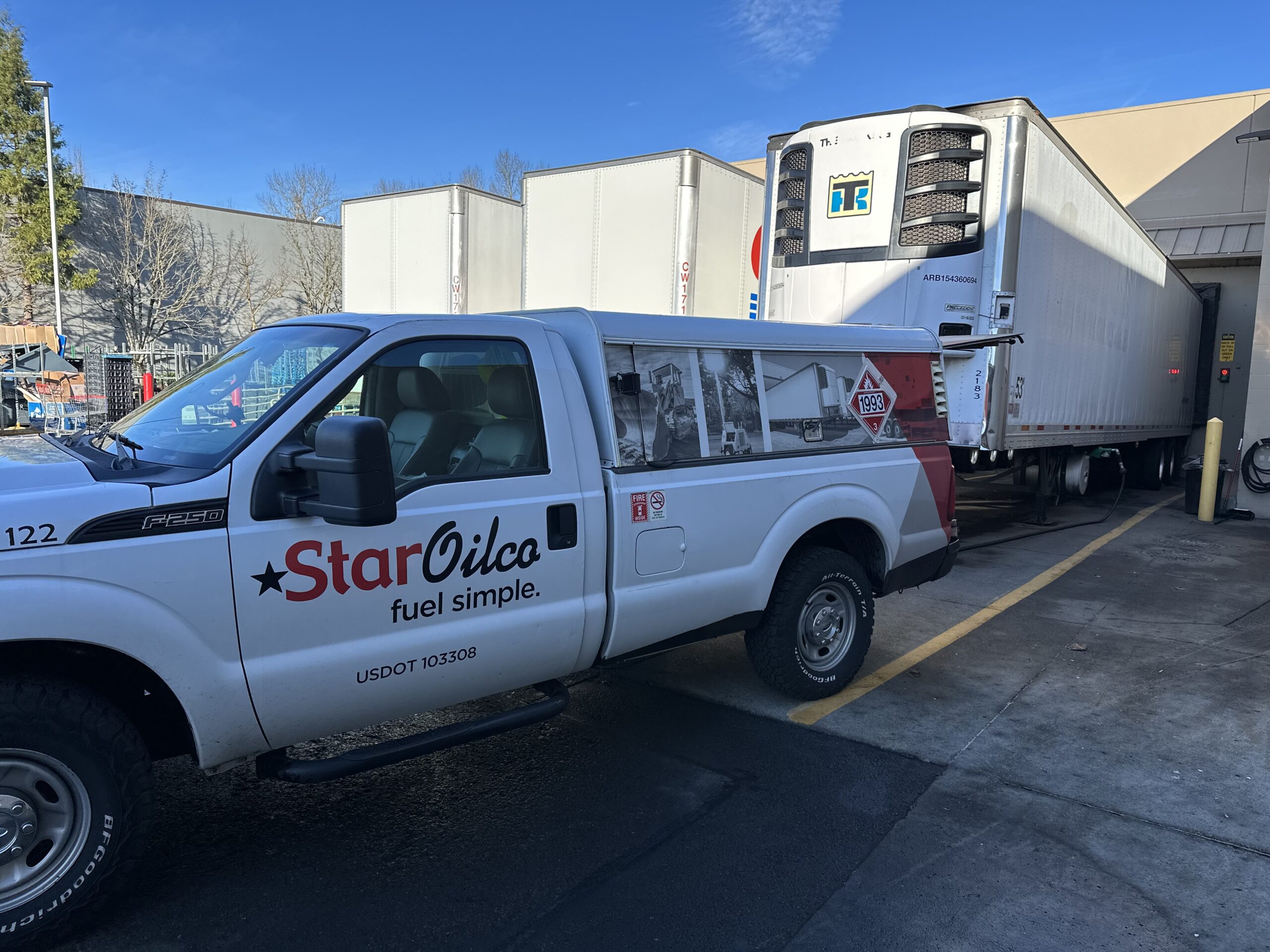Diesel Exhaust Fluid (DEF) Quality, Storage, and Future Considerations
Have you ever noticed that Diesel Exhaust Fluid (DEF) often lives in the background until suddenly it’s the reason your fleet can’t meet emissions standards or a system clogs up? DEF quality and storage isn’t just technical noise, it’s vital for keeping your SCR system happy and your operations rolling smoothly. We want to share with you what makes DEF high quality, the best ways to store it, and what trends are shaping its role in diesel emissions systems moving forward.
Diesel Exhaust Fluid (DEF) is a crucial component in modern diesel engines equipped with Selective Catalytic Reduction (SCR) systems. While many fleet operators are familiar with its basic function of reducing nitrogen oxide (NOx) emissions, understanding the intricacies of DEF quality, storage, supply chain considerations, and system maintenance can help businesses optimize efficiency and avoid costly repairs. At Star Oilco, we provide fleets with the knowledge and resources needed to navigate these complexities. This guide will explore the advanced aspects of DEF, from maintaining quality and ensuring proper storage to understanding emerging trends in emissions technology.
Understanding DEF Quality and Purity
The quality of DEF plays a significant role in the performance and longevity of an SCR system. DEF must adhere to ISO 22241 standards, which regulate its composition, concentration, and purity. Using non-compliant DEF can lead to injector clogging, crystallization, and system failures. Even small amounts of contaminants such as dirt, fuel, or water can negatively impact DEF performance and damage expensive SCR components.
To ensure DEF meets the necessary standards, regular testing should be performed. Refractometers can measure the urea concentration to verify the correct 32.5 percent solution. DEF testing strips can detect impurities, while more advanced lab analysis can help diagnose performance issues related to fluid quality. Purchasing DEF from a reliable, ISO-certified supplier is the best way to avoid contamination and maintain compliance.
DEF Storage Best Practices to Prevent Contamination
Proper storage is essential for maintaining DEF integrity. Temperature control is a key factor, as DEF should be stored between 12 and 86 degrees Fahrenheit to prevent degradation. Freezing does not damage DEF, but extreme heat can cause evaporation and reduce its effectiveness. To minimize exposure to environmental factors, DEF should be stored in opaque, UV-resistant containers to prevent sunlight from breaking down its chemical properties.
Choosing the right storage material is also critical. DEF should be kept in plastic or stainless steel containers, as certain metals such as aluminum, copper, and zinc react with DEF, leading to contamination. Additionally, keeping storage containers sealed will prevent air exposure, which can introduce dust or debris. Managing inventory efficiently is another important aspect of storage. DEF typically has a shelf life of 12 months, but in warmer climates, its lifespan may be reduced to six months. Using a first-in, first-out (FIFO) inventory approach ensures that older stock is used before it degrades.
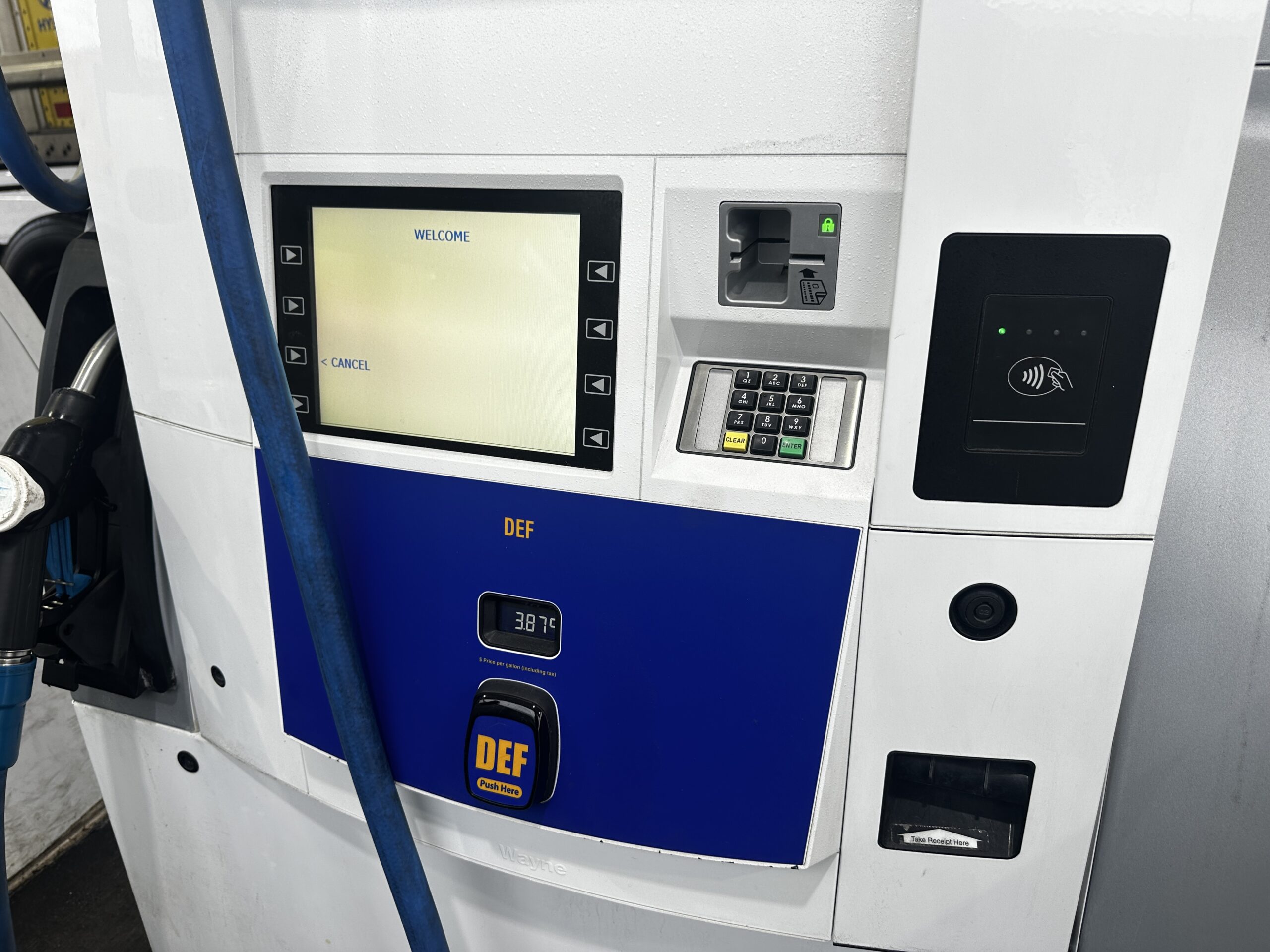
How Temperature Affects DEF Performance
Temperature fluctuations can significantly impact DEF performance. In cold climates, DEF freezes at 12 degrees Fahrenheit, causing operational challenges for fleets. While frozen DEF does not degrade, it must be properly thawed before use. Heated DEF dispensers and insulated storage solutions can help prevent freezing issues in extreme weather conditions. It is important to avoid adding water to thaw frozen DEF, as this disrupts the precise urea concentration and compromises its effectiveness.
On the other end of the spectrum, high temperatures can cause DEF to degrade. Exposure to prolonged heat above 86 degrees Fahrenheit can lead to evaporation and an increase in urea concentration, which may result in improper dosing and SCR malfunctions. Storing DEF in shaded or climate-controlled areas can help mitigate heat-related degradation. Seasonal changes also impact DEF consumption rates, with colder temperatures often leading to increased DEF usage as SCR systems adjust to lower combustion efficiencies.
DEF Supply Chain Considerations
DEF relies on a stable global urea supply, making it susceptible to market fluctuations. Since urea is also used in fertilizer production, shifts in agricultural demand, export restrictions, and production slowdowns can lead to price increases and supply shortages. In times of high demand, fleets may struggle to secure sufficient DEF, leading to increased costs and operational challenges.
To avoid supply disruptions, fleet operators should consider strategic sourcing options. Establishing relationships with reliable DEF suppliers and securing bulk deliveries can help mitigate the risk of shortages. On-site DEF storage solutions can also provide a buffer against market volatility, allowing businesses to maintain an adequate supply without relying on just-in-time purchasing. Planning ahead for seasonal or industry-wide fluctuations in DEF availability can help fleets remain operational without unexpected expenses.
The Economics of DEF for Fleet Operations
DEF consumption is directly tied to diesel fuel usage, with most fleets using approximately two to three percent DEF per gallon of diesel burned. Understanding this ratio allows businesses to budget accordingly and monitor costs. Optimizing fuel efficiency can also lead to lower DEF usage, as well-maintained engines operate more efficiently and require less NOx reduction.
Using high-quality DEF prevents costly maintenance issues. Non-compliant or contaminated DEF can cause injector clogging, pump failures, and SCR system malfunctions, resulting in expensive repairs and downtime. Some manufacturers void engine warranties if improper DEF is used, making it even more important to source DEF from a certified provider. Preventative maintenance and regular DEF quality testing can help fleets avoid hidden costs associated with poor-quality fluid.
DEF System Failures: Causes and Prevention
Common DEF system failures can be traced back to improper handling, storage, and contamination. Crystallization, for example, occurs when DEF is exposed to air and loses moisture, leaving behind solid urea deposits that can clog injectors and sensors. Contaminated DEF can lead to buildup in the SCR system, affecting performance and triggering warning lights that may lead to vehicle derating or shutdown.
Preventing DEF system failures requires proactive maintenance. Regularly flushing DEF tanks, inspecting nozzles for blockages, and ensuring proper storage conditions can help prevent these issues. Using ISO-certified DEF from a trusted supplier also reduces the risk of contamination. Scheduled maintenance checks and SCR system inspections allow fleet operators to address minor issues before they escalate into costly repairs.
The Future of DEF and Emissions Technology
As emissions regulations continue to evolve, the role of DEF in diesel technology is likely to expand. The Environmental Protection Agency (EPA) continues to push for stricter NOx reduction targets, which may lead to advancements in SCR systems and increased DEF usage. Some manufacturers are exploring alternative NOx-reduction methods, such as ammonia-based catalysts or hydrogen fuel cell technology, but DEF remains the most effective solution for modern diesel engines.
While DEF will remain a key component of emissions compliance for the foreseeable future, fleet operators should stay informed about regulatory changes and advancements in emissions technology. Investing in high-quality DEF and optimizing storage and usage practices will help businesses stay ahead of evolving environmental standards.
DEF Myths and Misconceptions
Several misconceptions about DEF persist, leading to improper use and maintenance practices. One common myth is that water can be added to DEF in emergencies. This is incorrect, as dilution disrupts the precise 32.5 percent urea concentration, rendering it ineffective and potentially damaging the SCR system.
Another common belief is that DEF improves fuel efficiency. While DEF itself does not enhance fuel economy, it allows for optimized engine performance by reducing backpressure in the exhaust system. This results in better combustion efficiency, which can lead to slight improvements in fuel usage.
A final misconception is that DEF does not expire. In reality, DEF has a shelf life and degrades over time, especially when exposed to heat or contaminants. Proper storage and inventory management are essential to maintaining DEF quality.
How Star Oilco Ensures High-Quality DEF for Customers
Star Oilco provides high-quality, ISO 22241-certified DEF to ensure fleets remain compliant and operational. Our bulk DEF delivery services allow businesses to secure a reliable supply, reducing the risk of shortages and minimizing costs. We also offer on-site DEF storage solutions to help fleets manage their inventory efficiently.
In addition to supplying high-quality DEF, we assist customers with DEF system maintenance, testing, and best practices to ensure long-term reliability. With our commitment to quality and service, Star Oilco is the trusted partner for businesses looking to optimize their DEF usage and reduce the risk of SCR system failures.
We also help customers stay up to date on regulatory changes and evolving DEF standards to ensure full compliance. Whether you’re a small fleet or a large operation, our team is ready to tailor a DEF solution that meets your specific needs.

For more information on our DEF solutions, contact Star Oilco today to learn how we can help keep your fleet running efficiently while meeting emissions compliance standards.
Frequently Asked Questions
DEF (Diesel Exhaust Fluid) is injected into the exhaust stream of modern diesel engines equipped with Selective Catalytic Reduction (SCR) systems. It reacts with exhaust gases to convert harmful nitrogen oxides (NOx) into harmless nitrogen and water vapor. This process dramatically cuts emissions, keeping your fleet compliant with strict EPA standards.
Stored properly, DEF generally has a shelf life of up to 12 months. However, exposure to heat can shorten this to 6 months or less, especially in warmer climates. That’s why using a first-in, first-out (FIFO) system is crucial. It ensures older DEF is used before it degrades, protecting your SCR systems from concentration issues that could cause costly repairs.
Most fleets use about 2-3% DEF relative to diesel fuel burned. That means for every 100 gallons of diesel, you’ll consume roughly 2 to 3 gallons of DEF. Knowing this ratio helps you forecast DEF needs alongside your fuel budgets.
Not directly. DEF doesn’t boost fuel economy on its own. However, by reducing exhaust backpressure through the SCR process, your engine can operate more efficiently, which may lead to slightly better combustion and fuel performance over time.
Yes. DEF naturally degrades over time, even under ideal conditions. Keeping it cool, sealed, and protected from UV rays slows this process, but eventually it ages out. That’s why FIFO inventory management and routine checks of DEF age are important to avoid using degraded product.
Colder temperatures can make diesel engines burn less efficiently, leading the SCR system to dose more DEF to keep NOx emissions in check. This seasonal variance is normal, but it means winter months may see DEF usage spike slightly higher than your average.
Regulations on NOx emissions are only getting tighter. This means future SCR systems could demand even more precise DEF dosing, or fleets might see an overall increase in DEF consumption. Staying committed to quality DEF, proper storage, and system maintenance now will help keep you ahead of regulatory curves and avoid penalties later.
We supply only ISO-certified DEF, deliver it in bulk or packaged form, and provide on-site storage solutions to keep your operations protected. Our team also supports customers with DEF quality testing, maintenance guidance, and proactive system checks to help you avoid breakdowns, warranty headaches, and surprise costs.


